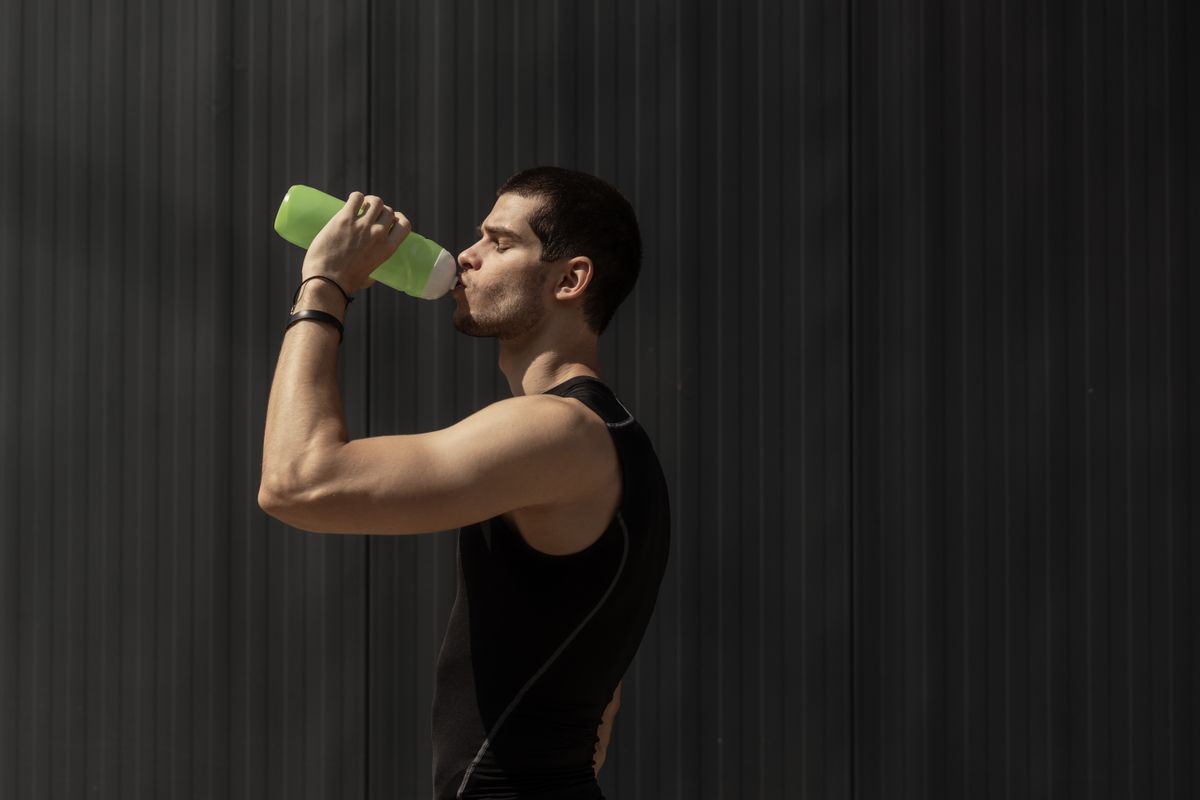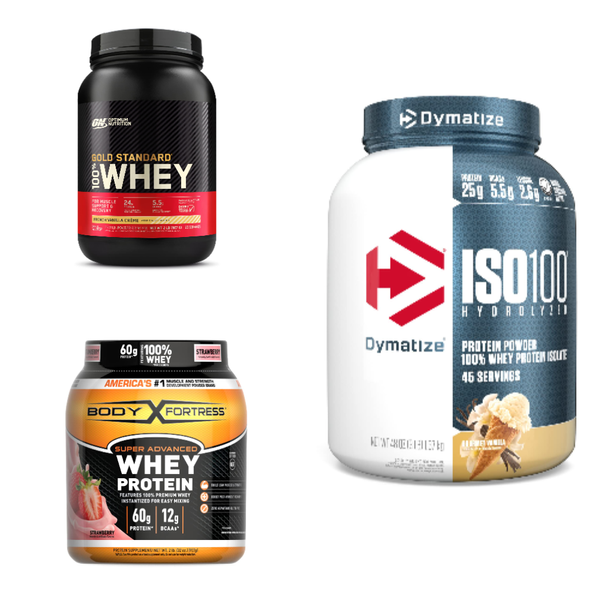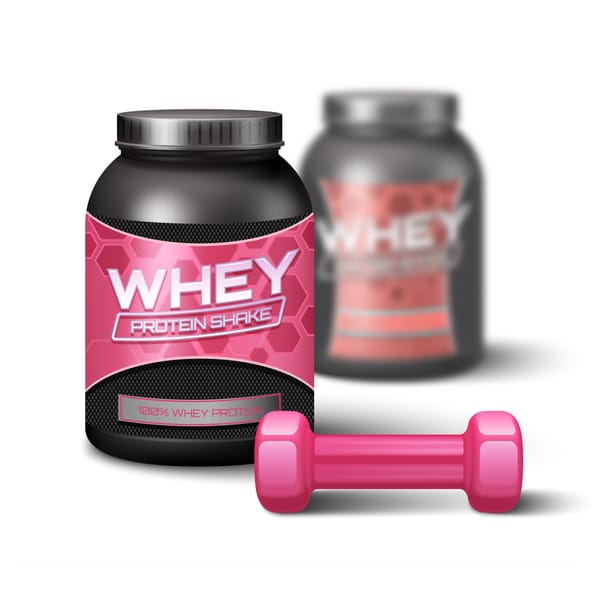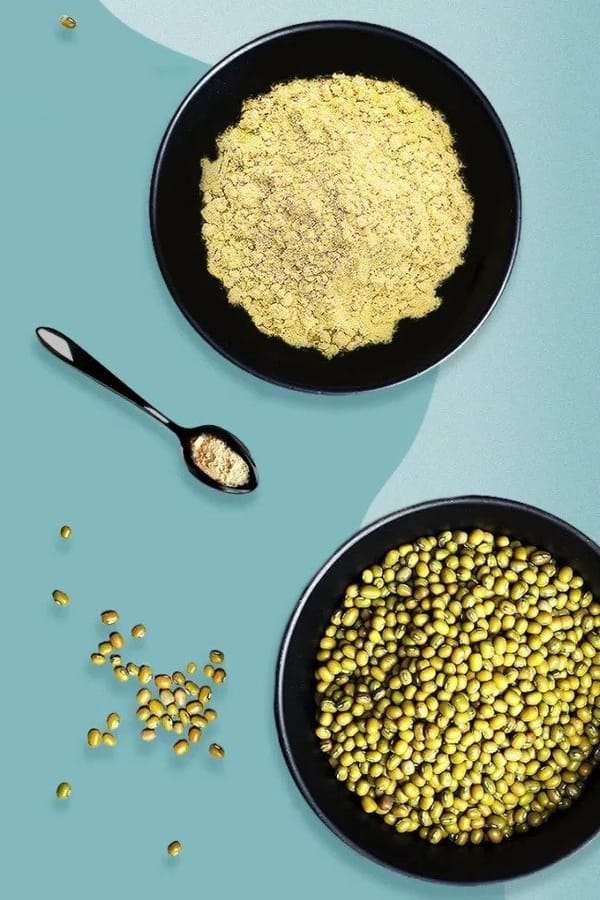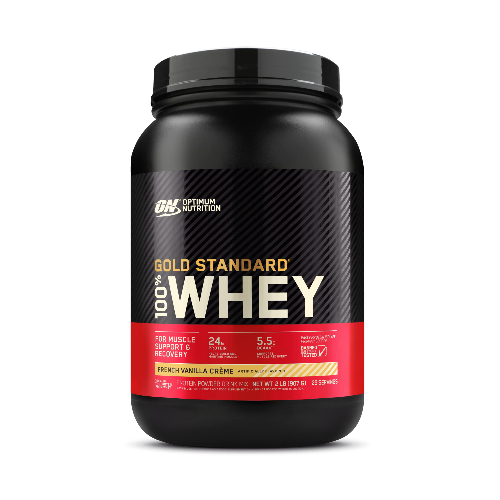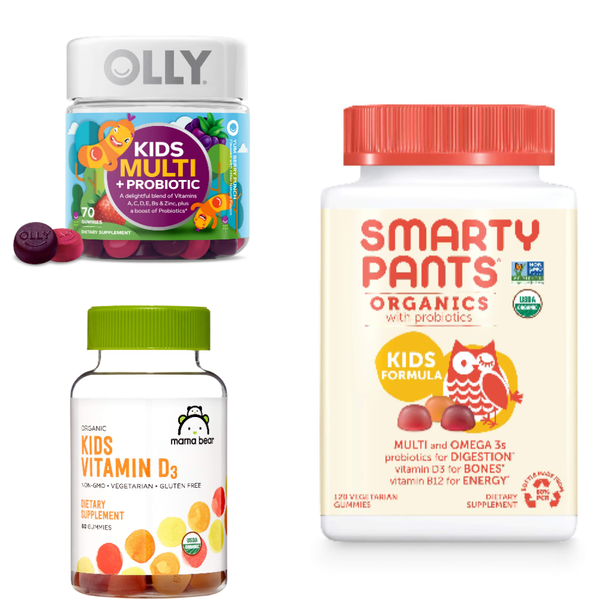When it comes to optimizing your workouts and improving body composition, protein plays a crucial role. The question that often arises is - "Should you eat protein before or after a workout?" This blog post dives deep into the topic, exploring the benefits of consuming protein around your workout, the optimal amount of protein to consume, and when to drink a protein shake to achieve muscle growth and recovery.
The Role of Protein in Muscle Growth and Recovery
Protein serves as the building block for muscle tissue, aiding in muscle repair and muscle recovery post-workout. Consuming protein shakes either pre or post-workout can stimulate muscle protein synthesis, promoting muscle growth and strength. High-quality protein sources provide essential amino acids, the key components needed for this process.
The Case for Pre-Workout Protein Intake

Consuming protein before your workout, or pre-workout protein intake, can help fuel your body by providing energy stores for intense workouts. It's like laying a solid foundation for your sweat session. A pre-workout protein shake, ideally with 20-30 grams of protein per serving, can offer fast energy and kick-start the muscle recovery process.
Notably, whey protein is a popular choice for pre-workout protein shakes due to its high quality and rapid digestion properties. However, make sure to adjust the quantity based on your body weight and workout intensity.
The Case for Post-Workout Protein Intake
Drinking a protein shake after your workout, or post-workout protein intake, is all about capitalizing on the 'anabolic window'. This is the period, typically 30 minutes to two hours after your workout when your muscles are primed to absorb nutrients and protein synthesis can be maximized.
A post-workout protein shake, again with around 20-30 grams of protein, can effectively stimulate muscle protein synthesis, aiding muscle repair and growth. This practice can also prevent muscle breakdown, helping you maintain or even increase your muscle mass.
Total Daily Protein Intake: The Key Factor
While pre and post-workout protein consumption have their merits, research shows that your total daily protein intake is what matters most. Whether you're looking to build muscle, lose weight, or enhance your overall fitness, meeting your daily protein needs is crucial.
The recommended daily protein intake varies depending on factors such as age, sex, activity level, and goals. As a general guideline, aim for 0.8 grams of protein per kilogram of body weight per day if you exercise regularly. However, for optimal muscle growth and recovery, you may need more protein - up to 2.2 grams per kilogram of lean body mass.
Timing Your Protein Consumption

There's no right or wrong answer when it comes to protein timing. Some people prefer a protein shake before their workout, while others opt for post-workout protein. The key is to listen to your body and find what works best for you.
If you're consuming protein around your workouts, aim for 20-30 grams of protein per serving. This can be achieved through protein shakes or other high-protein foods. Remember, spreading your protein intake evenly throughout the day can help maximize muscle protein synthesis.
High-Quality Protein Sources
While protein powder, like whey protein, is a convenient and efficient way to meet your protein needs, it's not the only option. Other high-quality protein sources include lean meats, dairy products, eggs, and plant-based proteins like lentils and tofu. These complete proteins provide all the essential amino acids your body needs for muscle building.
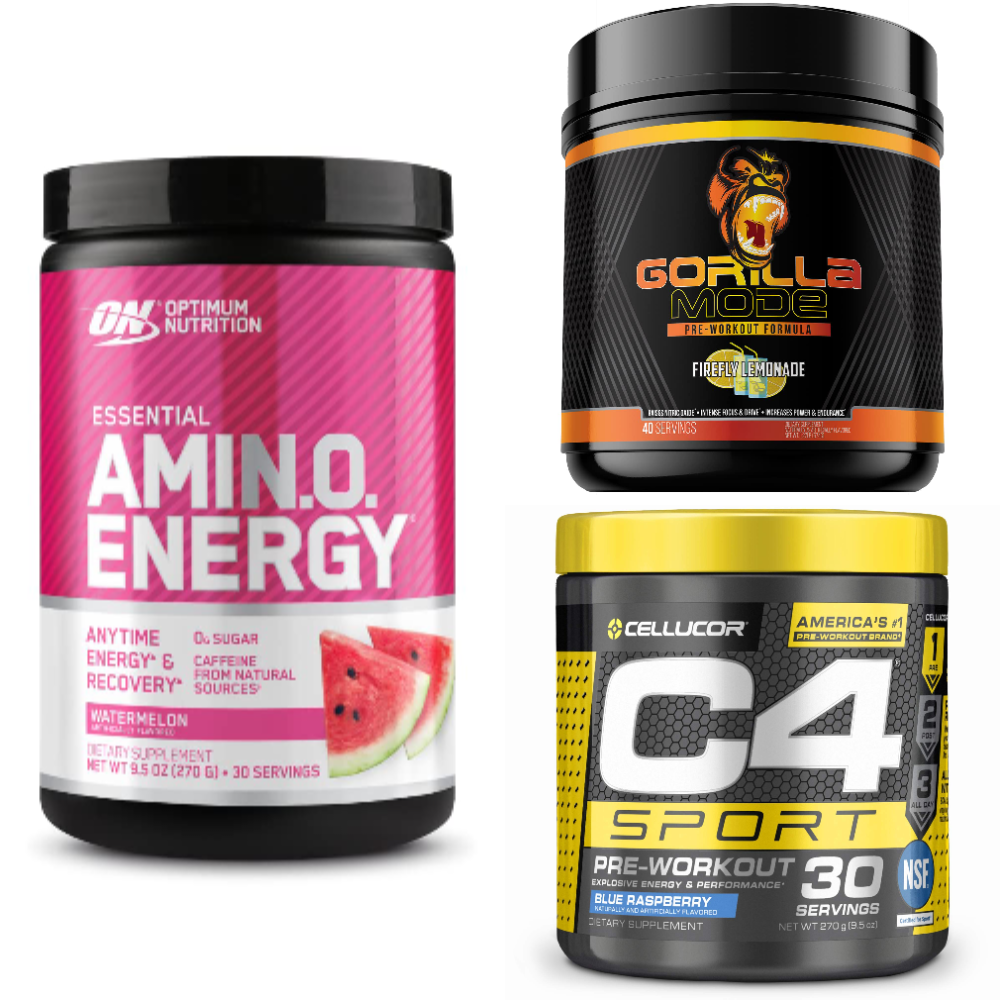

What Role Does Protein Play in Muscle Growth and Recovery?
Protein is a vital nutrient for muscle growth and recovery. It acts as the building block for muscle tissue, aiding in muscle repair and muscle recovery post-workout. When you consume protein shakes either pre or post-workout, it stimulates muscle protein synthesis, promoting muscle growth and strength.
High-quality protein sources provide essential amino acids, which are the key components needed for muscle protein synthesis. These amino acids are used by the body to repair the muscle fibers that are damaged during workouts, thus leading to muscle growth and recovery.
Why Should I Consume Protein Before a Workout?
Consuming protein before your workout can help fuel your body by providing energy stores for intense workouts. It's like laying a solid foundation for your sweat session. A pre-workout protein shake, ideally with 20-30 grams of protein per serving, can offer fast energy and kick-start the muscle recovery process.
Whey protein is often chosen for pre-workout protein shakes due to its high quality and rapid digestion properties. However, the quantity should be adjusted based on your body weight and workout intensity. Consuming protein before a workout can prevent muscle catabolism during the workout and can also increase muscle protein synthesis.
What Are the Benefits of Post-Workout Protein Intake?
Drinking a protein shake after your workout is about capitalizing on the 'anabolic window'. This period, typically 30 minutes to two hours after your workout, is when your muscles are primed to absorb nutrients and protein synthesis can be maximized.
A post-workout protein shake, again with around 20-30 grams of protein, can effectively stimulate muscle protein synthesis, aiding muscle repair and growth. This practice can also prevent muscle breakdown, helping you maintain or even increase your muscle mass.
How Much Protein Should I Consume Daily?
While pre and post-workout protein consumption have their merits, research shows that your total daily protein intake is what matters most. Whether you're looking to build muscle, lose weight, or enhance your overall fitness, meeting your daily protein needs is crucial.
The recommended daily protein intake varies depending on factors such as age, sex, activity level, and goals. As a general guideline, aim for 0.8 grams of protein per kilogram of body weight per day if you exercise regularly. However, for optimal muscle growth and recovery, you may need more protein - up to 2.2 grams per kilogram of lean body mass.
What Are Some High-Quality Protein Sources?
Protein powder, like whey protein, is a convenient and efficient way to meet your protein needs, but it's not the only option. Other high-quality protein sources include lean meats, dairy products, eggs, and plant-based proteins like lentils and tofu.
These complete proteins provide all the essential amino acids your body needs for muscle building. Including a variety of these sources in your diet can ensure you get a balanced mix of nutrients and can help keep your meals interesting and flavorful.
Should I Eat Protein Before or After a Workout?
Whether you should eat protein before or after a workout depends on your individual goals, preferences, and lifestyle. Some people prefer a protein shake before their workout, while others opt for post-workout protein. The most important factor is to consume an adequate amount of protein daily to support muscle growth, recovery, and overall health.
Remember, everyone is different, so what works for one person may not work for another. It's always a good idea to consult with a registered dietitian or sports nutritionist to determine the best dietary strategies for your specific needs.

In conclusion, whether you should eat protein before or after a workout depends on your individual goals, preferences, and lifestyle. The most important factor is to consume an adequate amount of protein to meet your daily amount to support muscle growth, recovery, and overall health.
Remember, everyone is different, so what works for one person may not work for another. It's always a good idea to consult with a registered dietitian or sports nutritionist to determine the best dietary strategies for your specific needs. So, next time you head out for your resistance training or intense workout, don't forget to pack your protein shake!





